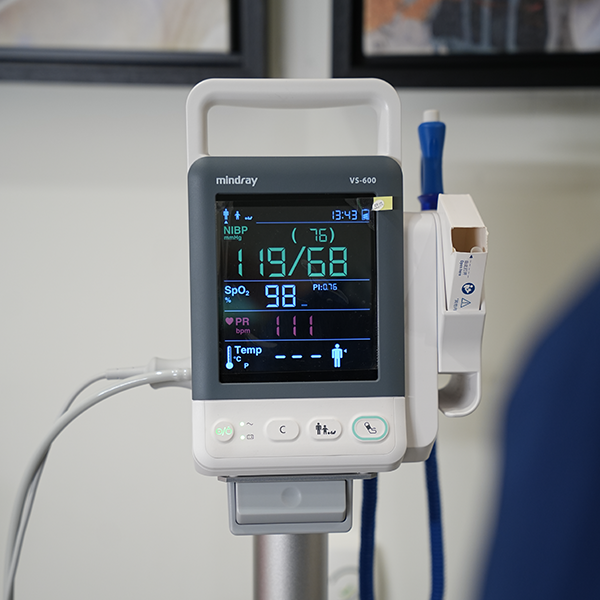Understanding Autoimmune Diseases and Their Challenges
Autoimmune diseases occur when the body’s immune system mistakenly attacks healthy cells. Conditions such as rheumatoid arthritis, lupus, multiple sclerosis, and inflammatory bowel disease can cause chronic pain, fatigue, and organ damage. Managing these illnesses is complex because they often involve both immune system suppression and long-term symptom relief.
What Are Biologics and Why Are They Important?
Biologic therapies are advanced medicines created from living cells. Unlike traditional drugs, they specifically target immune pathways to reduce inflammation and prevent further tissue damage. Biologics have transformed treatment for many autoimmune conditions, offering patients better disease control and improved quality of life.
The Role of IV Infusion Therapy in Delivering Biologics
Biologics are often administered through IV infusion therapy. By delivering treatment directly into the bloodstream, infusion therapy ensures high bioavailability and consistent therapeutic effects. This makes it especially valuable for patients who:
- Do not respond well to oral medication
- Require precise dosing of immune-modulating drugs
- Need regular monitoring and support in a clinical setting


Beyond Biologics: Expanding the Benefits of IV Infusion Therapy
While biologics remain central, infusion therapy is evolving to support patients in additional ways:
- IV nutrient therapy for fatigue and nutritional deficiencies
- Hydration therapy to counteract treatment side-effects
- Immune-boosting IV therapy to help reduce infection risk
- Targeted infusions for inflammation and pain relief
Personalised Infusion Plans for Autoimmune Patients
Modern infusion centres now offer personalised care pathways, tailoring therapy to each patient’s condition based on there primary care physician recommendations, treatment response, and lifestyle. A personalised plan may combine biologics with supportive IV infusions to address energy, hydration, and overall wellbeing.
What Patients Can Expect During Biologic Infusion Therapy
Infusion sessions are typically carried out in a controlled environment under medical supervision. Patients are comfortably seated while the biologic or IV solution is administered. Sessions may last from one to several hours, depending on the prescribed therapy.
The Future of IV Infusion Therapy in Autoimmune Disease Management
The field continues to evolve with new biologic drugs, precision medicine, and supportive infusion therapies. Research is exploring ways to combine biologics with targeted nutrients and immune modulation for even better patient outcomes. For many, infusion therapy is no longer just about treatment — it is about living well with an autoimmune condition.
IV Infusion Therapy and Biologics: A New Era of Autoimmune Care in Riyadh
Biologics have revolutionised the treatment of autoimmune diseases, and IV infusion therapy is the core of their effectiveness to their success. As medicine advances, infusion therapy is expanding beyond biologics to offer comprehensive, personalised support for patients seeking long-term symptom control, better energy, and improved quality of life. Trust IV One for professional IV Infusion Therapy in Riyadh.Frequently Asked Questions
Q: What is the role of IV biologics in autoimmune disease treatment?
A: IV biologics target specific immune system pathways to reduce inflammation and slow disease progression, offering more effective treatment than traditional medicines for many patients.
Q: How does IV infusion therapy help beyond biologics?
A: In addition to delivering biologics, infusion therapy can provide hydration, nutrients, and immune support to improve energy and quality of life.
Q: Are biologic infusions safe for long-term use?
A: Yes, biologic infusions are considered safe medications when administered by healthcare professionals. They offer powerful, long-term relief for many chronic conditions, with infection risk being an expected and manageable part of immune system modulation. For most patients, the benefits far outweigh the side effects, making biologics a trusted and effective treatment option.
Q: Which autoimmune diseases are commonly treated with infusion therapy?
A: Conditions include rheumatoid arthritis, lupus, multiple sclerosis, Crohn’s disease, ulcerative colitis, and psoriasis, among others.


